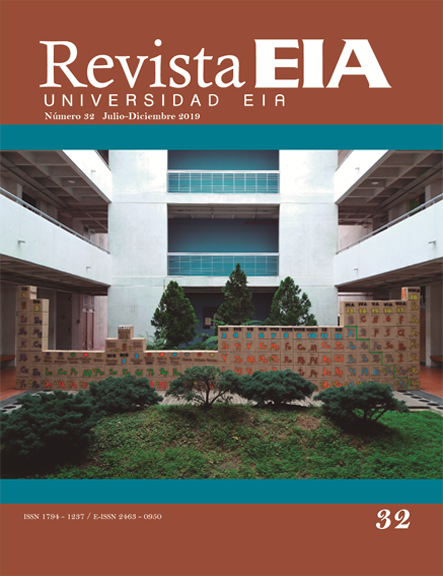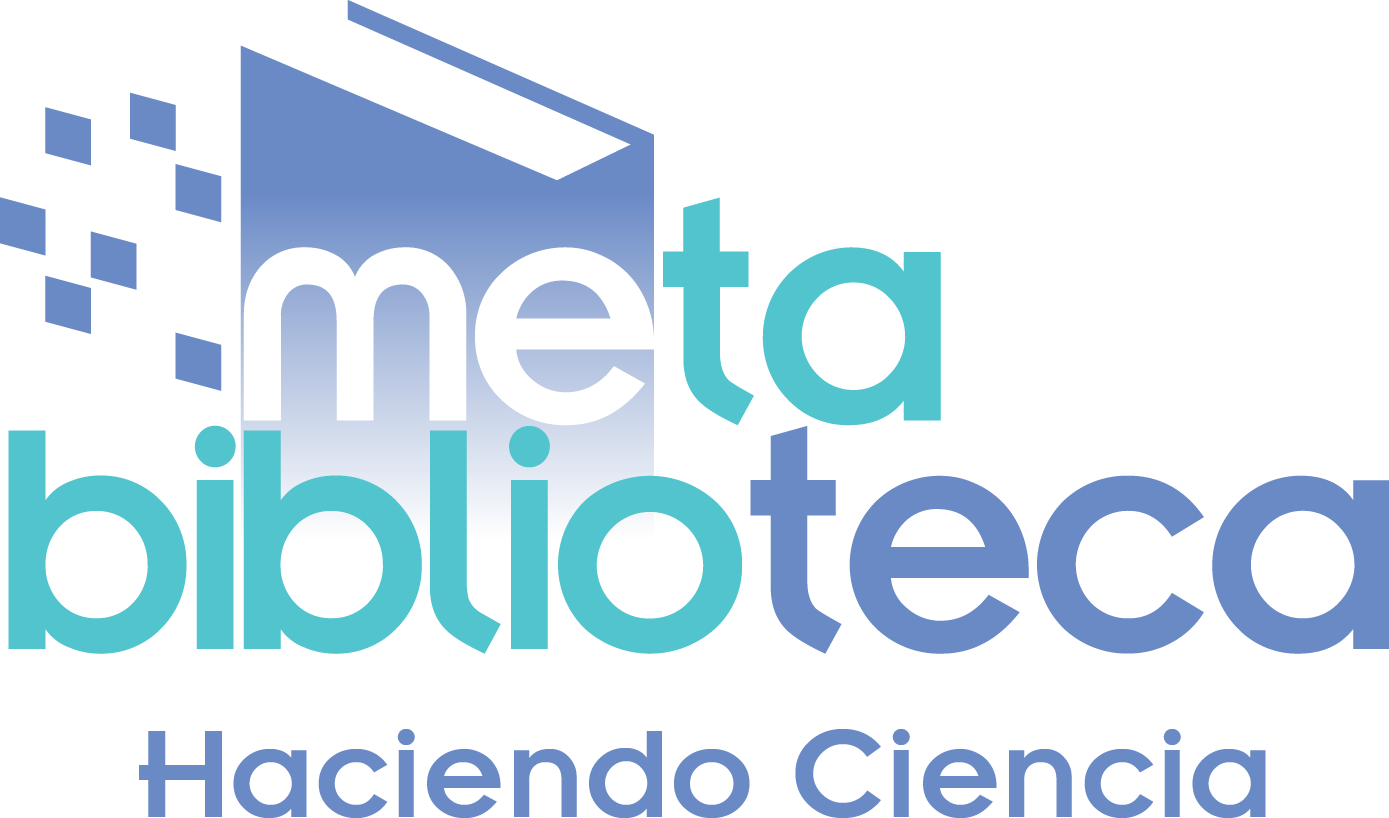EPS: Metodología para resolución de enunciados en ciencias básicas apoyándose en pensamiento computacional
EPS: Metodología para resolución de enunciados en ciencias básicas apoyándose en pensamiento computacional

Copyright statement
The authors exclusively assign to the Universidad EIA, with the power to assign to third parties, all the exploitation rights that derive from the works that are accepted for publication in the Revista EIA, as well as in any product derived from it and, in in particular, those of reproduction, distribution, public communication (including interactive making available) and transformation (including adaptation, modification and, where appropriate, translation), for all types of exploitation (by way of example and not limitation : in paper, electronic, online, computer or audiovisual format, as well as in any other format, even for promotional or advertising purposes and / or for the production of derivative products), for a worldwide territorial scope and for the entire duration of the rights provided for in the current published text of the Intellectual Property Law. This assignment will be made by the authors without the right to any type of remuneration or compensation.
Consequently, the author may not publish or disseminate the works that are selected for publication in the Revista EIA, neither totally nor partially, nor authorize their publication to third parties, without the prior express authorization, requested and granted in writing, from the Univeridad EIA.
Show authors biography
Article visits 707 | PDF visits 361
Downloads
- • Ausubel, D. (2010). Sicología Educativa: Un enfoque cognitivo. New York: McGraw Hill.
- • Ausubel, D. (2012). The Acquisition and Retention of Knowledge. Washington - USA: Springer.
- • Baldor, A. (2007). Algebra. México D.F.: Grupo Patria Cultural.
- • Ballester Valori, A. (2011). Meaningful Learning in practice. Islas Canarias: Universitat de les Illes Ballears.
- • Bruner, J. (2006). Hacia una teoría de la instrucción. México: Editorial Limusa.
- • Bruner, J. (2009). Actos de Significado. Madrid - España: Alianza Editorial.
- • Campillay, S., & Meléndez, S. (Abril de 2015). Análisis de impacto de metodología activa y aprendizaje heurístico en asignaturas de ingeniería. Actualidades Investigativas en Educación, 15(2).
- • Davis, A. (20014). The credentials of brain based learning. Journal of Philosophy of Education, 38(1), 21.
- • De Zubiría Samper, J. (2013). Las competencias argumentativas: la visión desde la educación. Bogotá: Editorial Magisterio.
- • Diaz Barriga, F., & Hernandez Rojas, G. (2002). Estrategias docentes para un aprendizaje significativo. México: McGraw Hill.
- • Giancoli, D. (2013). Physics: Principles with applications. Boston: Pearson Editorial.
- • Halliday, D., & Resnick, R. (2013). Fundamentals of Physics Extended. New York: Wiley Editorial.
- • Havenge, M., Breed, B., & Et al. (Octubre de 2013). Metacognitive and problem solving skills to promote self directed learning in computer programming. SA-eDUC Journal, 10(2), 11-25.
- • Herrmann, W. (2015). The whole brain bussiness book. New York: McGraw Hill.
- • Jensen, E. (1994). The learning brain. NY: Brain Store Inc.
- • Medina, J. (2010). Los 12 principios del cerebro. Bogotá: Grupo Editorial Norma.
- • Ministerio de Educación Nacional. (2005). Estandares básicos de competencias matemáticas. Bogotá: MEN.
- • Novak, J. (2011). Uma teoria de educação: aprendizagem significativa subjacente à integração construtiva de. Aprendizagem Significativa em Revista, 1(2), 1 - 14.
- • Perez Paredes, P., & Zapata Ros, M. (2018). El pensamiento computacional, análisis de una competencia clave. New York: Create Space Independent Publishing.
- • Rodriguez Palmero, M. (Jun de 2004). La teoría del Aprendizaje Significativo. La teoría del Aprendizaje Significativo. Pamplona - España.
- • Trejos Buriticá, O. (2012). Significado y Competencias. Pereira (Risaralda) - Colombia: Editorial Papiro.
- • Universidad Tecnológica de Pereira. (2018). Proyecto Educativo Institucional. Pereira: CRIE UTP.
- • Wing, J. (Marzo de 2006). Computational Thinking. Communications on the ACM, 49(3), 33-35.




